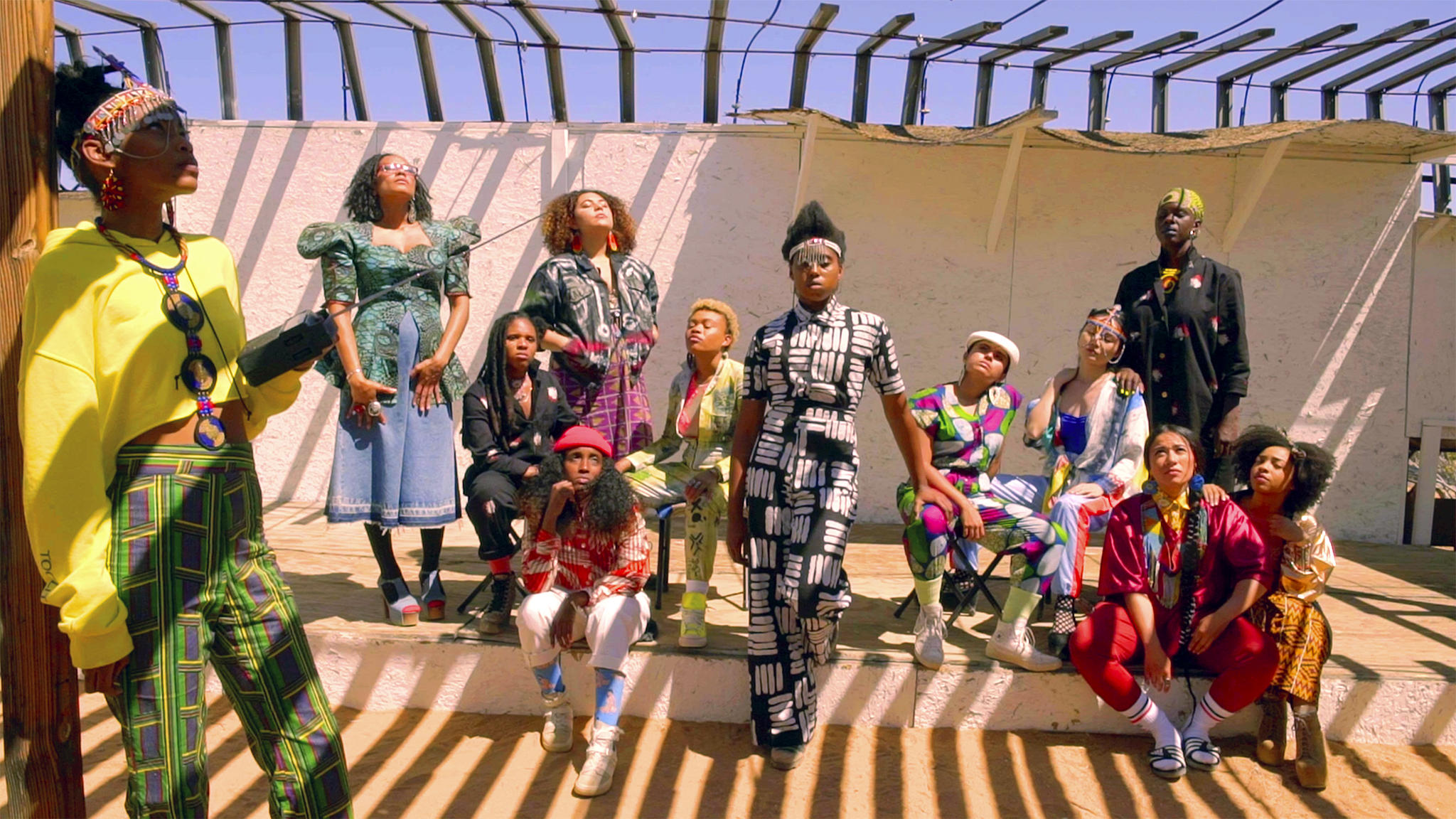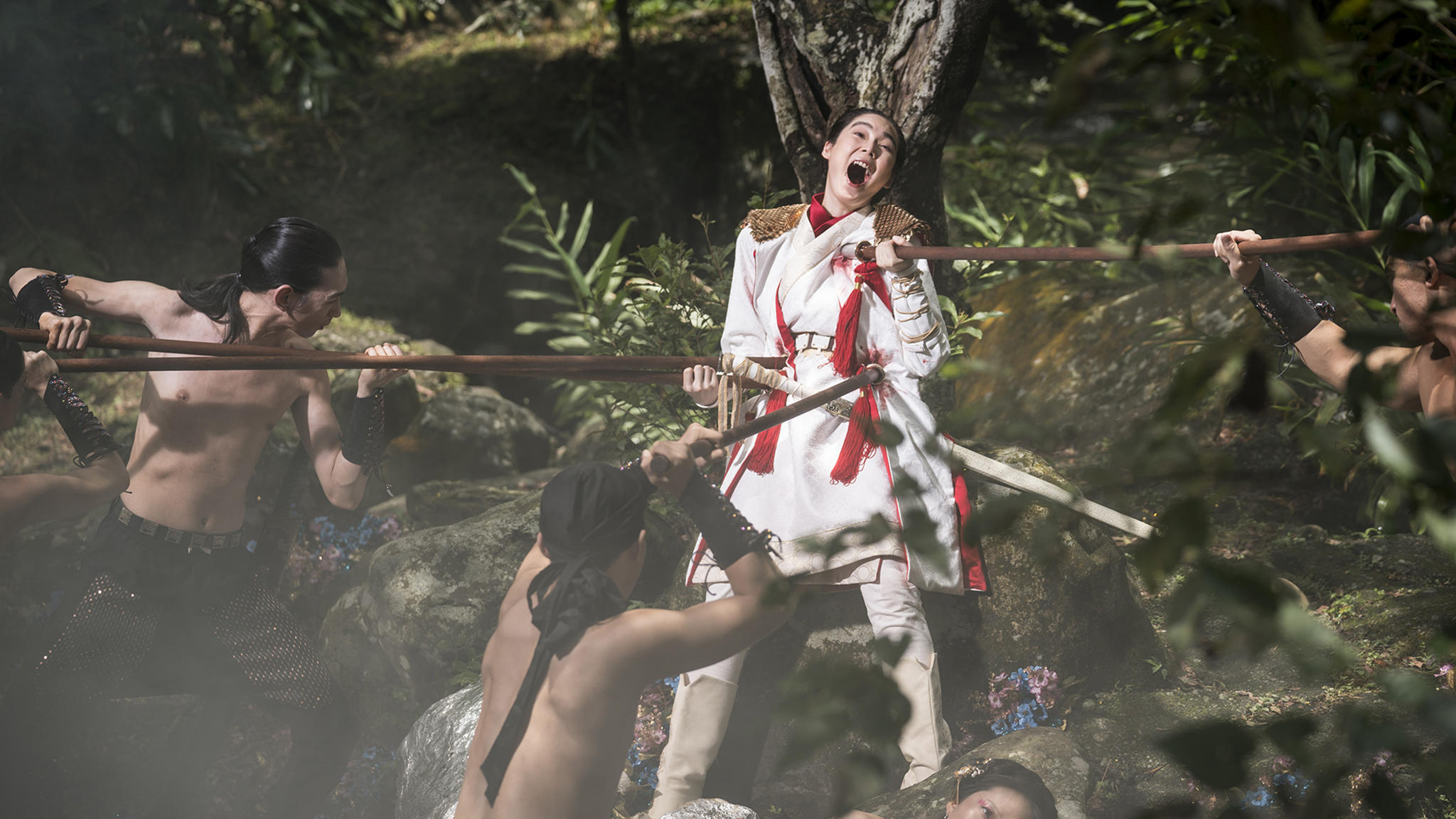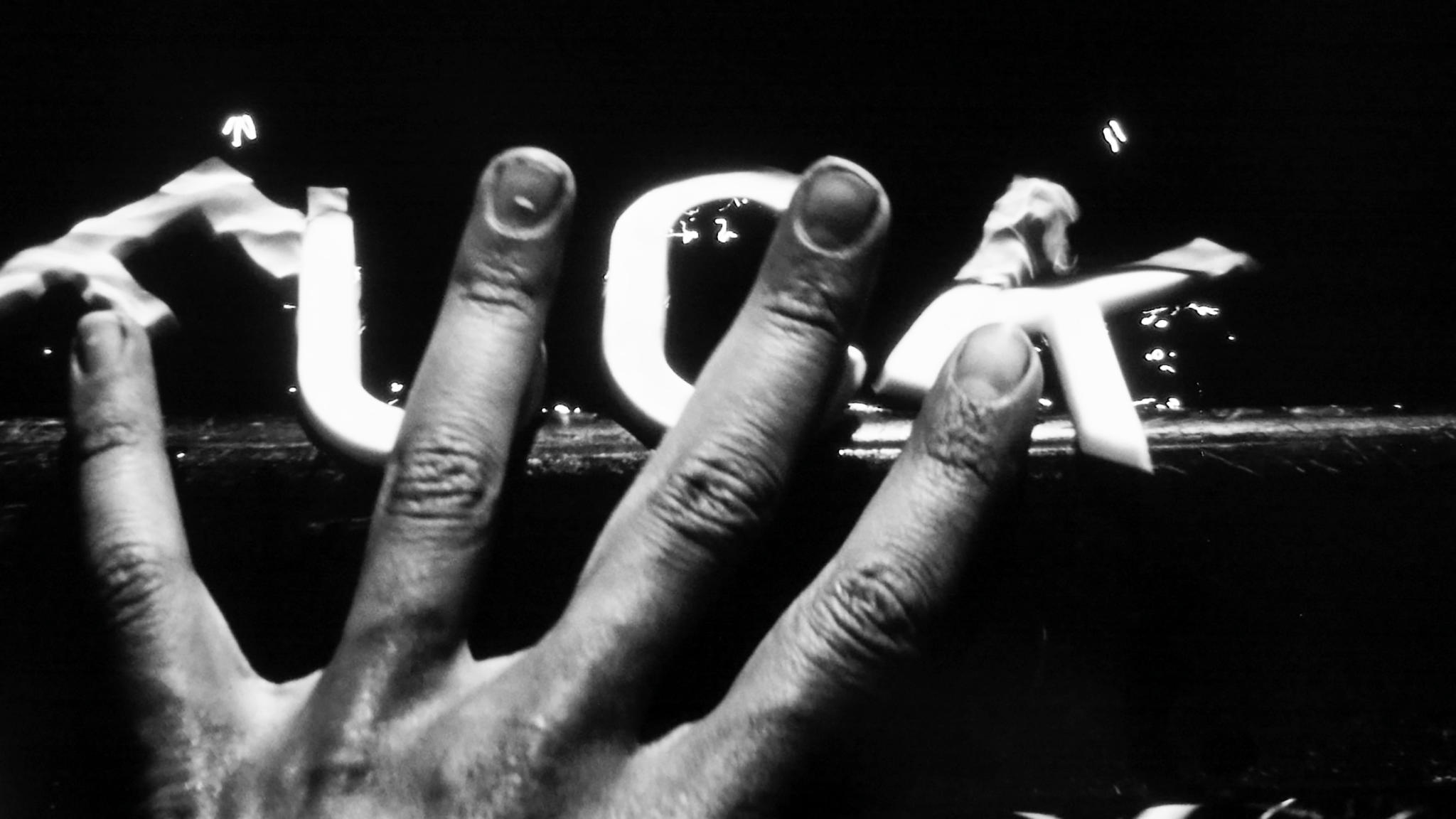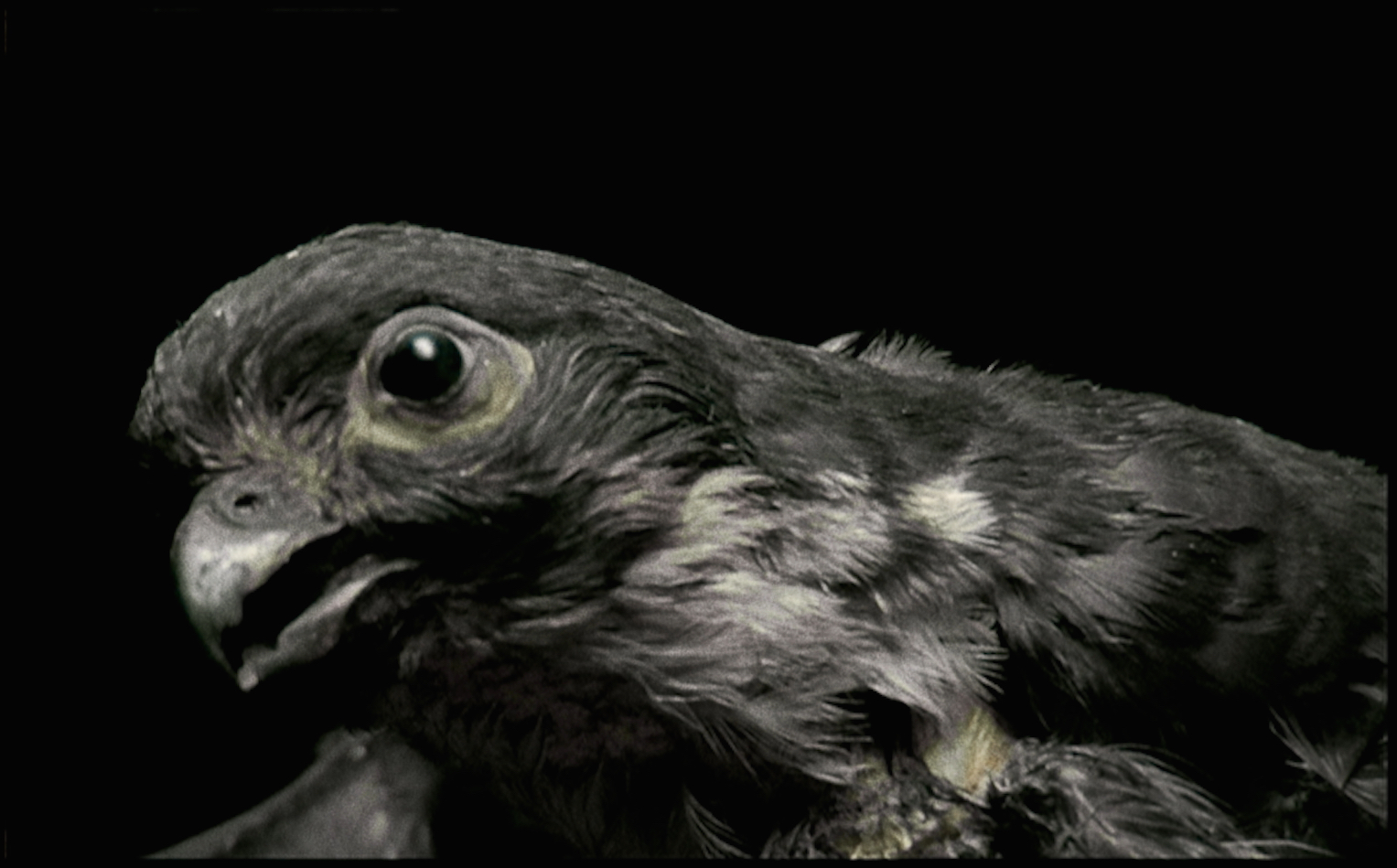POV Magazine, Spring 2019
Culled from an exhaustive comb through thousands of movies and festival visits, International Film Festival Rotterdam rolled out 250 shorts in its latest edition, featuring a mixmaster blend of traditional vanguardisms, bold hybrids and global voices. While some fest slates operate as living manifestos, statements of purpose even, their selections intended to define a field of practice, Rotterdam’s team of short watchers open their arms to all comers, the stranger the better. What struck me in programs featuring movies that stretched a small idea too far, or simply didn’t know when to stop, or that fell in love with its own means and methods, was how soft the embrace is here. Again and again, Rotterdam’s programming comrades are more than willing to extend the benefit of the doubt. This ensures an eclectic variety of old and new makers sprinkled across the globe, and no doubt some of these discoveries are wonders to behold (see highlight list below), but the uncooked parts of their program far outweigh the sterling moments, at least for this viewer.
Cauleen Smith was a featured guest, there was a mini-retrospective, a performance, and a spot in the Tiger Competition where she showed Sojourner, a city/desert idyll featuring staged moments where stunning set décor and attitude wearables are set against black manifesto readings. It’s both a utopian looking forward as well as a hearkening back to the days of feminine écriture and the hopes that a feminist cinema might/must reinvent the project of cinema. There was enough hope packed into its 14 minutes for an entire festival.
In the wake of immigration debacles and fascist populisms, diversity has become a watchward (at last!) amongst more than a few fests, and Rotterdam is no exception. There was a staggering slide show orgy at Kunsthal Rotterdam named Blackout, while the Soul in the Eye program curated by Peter Van Hoof and Tessa Boerman offered Brazilian perspectives, newly urgent in the wake of the latest electoral catastrophe. Some years back Peter assured me that he was not a curator, but a programmer. What’s the difference? A curator projects their own tastes, he assured me, while a programmer opens the door.
While there were clunky moments by the galore, Ghana’s Akosau Adona Owusu made waves with Pelourinho, They Don’t Really Care About Us, a movie that features a correspondence between W.E.B. Du Bois and the Brazilian government. Receiving first-hand accounts of blatant discrimination, Du Bois asks: Do you have a definition of “negro?” Street snaps roll past in quick 16mm takes, finally arriving at the Michael Jackson vid that grants this movie its title.
On the other side of the aisle was Taiwanese boy-genius Su Hui-yu’s wordless extravagant set piece The Glamorous Boys of Tang. Damn, but everyone looks like they’re having a good time, while the camera offers only naked luxury and the pleasures of living in a body. Comparing the original scrip with the finished Taiwanese cult movie Tang Chao Chi Li, the artist noticed that the risque scenes were never filmed, no doubt because of censorship. His reclamation movie would restore these scenes, featuring half undressed boys laughing and dying, emperors slain in a high camp blood letting and arty fuck simulations. History lesson, censorship protest, spectacle.
Nazli Dincel’s arrival on the 16mm film circuit a few short years ago came as challenge and relief. You mean: we can have form AND content? Heading up an all-16mm program that was otherwise mired in dead formalisms, Dincel’s Instructions on How to Make a Film smartly and reflexively takes apart the project of image making accompanied by hand-processed nature noir with t-shirt slogans, text overlays and blowjobs as part of an ongoing chorus of dissent.
Turkish maestro Gurcan Veltek’s masterpiece Gulyabani is a half-hour of dreamy nature worlds and subtle camera operatics. Driven by the story of a mobster’s teen slave, delivered from her hospice bed to her surviving son, each picture opens to its subject, touching and touched, a duet of embodied seeing that carries us from ponds to village life, to scenes of her son, offered in lightning quick collages or else lingering in moments that appear like someone else’s home movies. This collection of soft approaches offer a bracing reminder of what cinema is capable of.
Honorary mentions to Nehemias by Danielle Jacoby, a classically built, beautifully rendered portrait of a Peruvian outsider ‘gringo,’ to Martina Melilli’s Mum I’m Sorry, a dry recount of an archival session showing the remains from drowned and shipwrecked passengers, Martina Hoogland Ivanow’s Interbeing, a thermal-imaged, found footage collage that offers haptic traces in public settings, and Debora Elgeholm’s Catholic reverie of faces lit from within The Cup Is Already Filling Up



